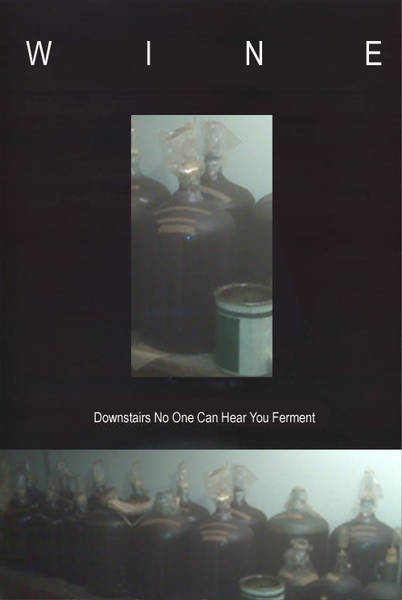Isohumulone is an isomerized alpha acid. So your source just agrees with mine. I made no mention of how the isohumulone was produced. Indeed, it is produced when humulone from hops becomes isomerized during the boil.
Skunk flavor in beer comes from riboflavin absorbing light and causing a chemical reaction in isomerized alpha acids, particularly isohumulone. Here's
another source, and
another, and
another.
This isn't really a matter of belief or opinion. It is fact. Your used hops likely smelled skunky because leftover sugars on the hops were being fermented by wild yeast. Hence, riboflavin was present as well as isohumulone. Add light and you get MBT.




